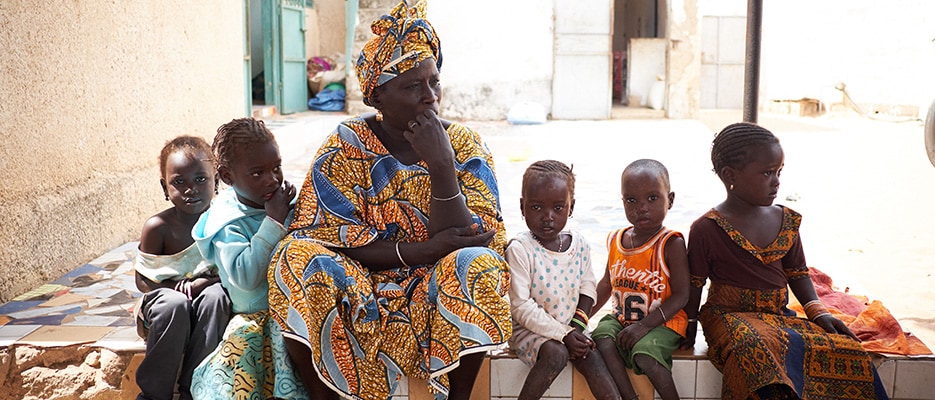Health Security Supplement: Building the Evidence Base for Global Health Security

CDC works with countries and partners around the world to build health security capabilities and keep America safe from deadly health threats. The Division of Global Health Protection (DGHP) leads the agency's efforts in the areas of disease surveillance, laboratory systems, workforce development, and outbreak investigation and emergency response. DGHP also builds scientific evidence about activities and interventions that enhance health security capacity.
The Building the Evidence Base for Global Health Security supplement shares lessons learned from efforts to build vital systems in multiple countries. Articles offer examples of effective interventions and strategies to improve the efficiency of ongoing programs. In addition, the supplement highlights a new scientific global health security framework as well as CDC's work with partners in disease prevention, detection, and response.
Read more about CDC's Global Health Security work.
Health Security Supplement Contents
COMMENTARIES
Global Health Security Implementation: Expanding the Evidence Base (Supplement Overview)
Building Global Health Security Capacity: The Role for Implementation Science
Global Health Security Implementation: Expanding the Evidence Base (Supplement Overview)
Building Global Health Security Capacity: The Role for Implementation Science
OVERVIEW
Law and the JEE: Lessons for IHR Implementation
Use of the Staged Development Tool for Assessing, Planning, and Measuring Progress in the Development of National Public Health Institutes
Development of a Costed National Action Plan for Health Security in Pakistan: Lessons Learned
Law and the JEE: Lessons for IHR Implementation
Use of the Staged Development Tool for Assessing, Planning, and Measuring Progress in the Development of National Public Health Institutes
Development of a Costed National Action Plan for Health Security in Pakistan: Lessons Learned
PREVENT
Establishment of a Sentinel Laboratory-Based Antimicrobial Resistance Surveillance Network in Ethiopia
Institutionalizing One Health: From Assessment to Action
Assessing the Surveillance System for Priority Zoonotic Diseases in the Democratic Republic of the Congo, 2017
Strengthening Healthcare Facilities Through Water, Sanitation, and Hygiene (WASH) Improvements: A Pilot Evaluation of “WASH FIT” in Togo
Establishment of a Sentinel Laboratory-Based Antimicrobial Resistance Surveillance Network in Ethiopia
Institutionalizing One Health: From Assessment to Action
Assessing the Surveillance System for Priority Zoonotic Diseases in the Democratic Republic of the Congo, 2017
Strengthening Healthcare Facilities Through Water, Sanitation, and Hygiene (WASH) Improvements: A Pilot Evaluation of “WASH FIT” in Togo
DETECT
Factors Influencing Community Event-based Surveillance: Lessons Learned from Pilot Implementation in Vietnam
A Cross-Cutting Approach to Surveillance and Laboratory Capacity as a Platform to Improve Health Security in Uganda
Strengthening Global Health Security Through Africa’s First Absolute Post-Master’s Fellowship Program in Field Epidemiology in Uganda
Factors Influencing Community Event-based Surveillance: Lessons Learned from Pilot Implementation in Vietnam
A Cross-Cutting Approach to Surveillance and Laboratory Capacity as a Platform to Improve Health Security in Uganda
Strengthening Global Health Security Through Africa’s First Absolute Post-Master’s Fellowship Program in Field Epidemiology in Uganda





















.png)












No hay comentarios:
Publicar un comentario